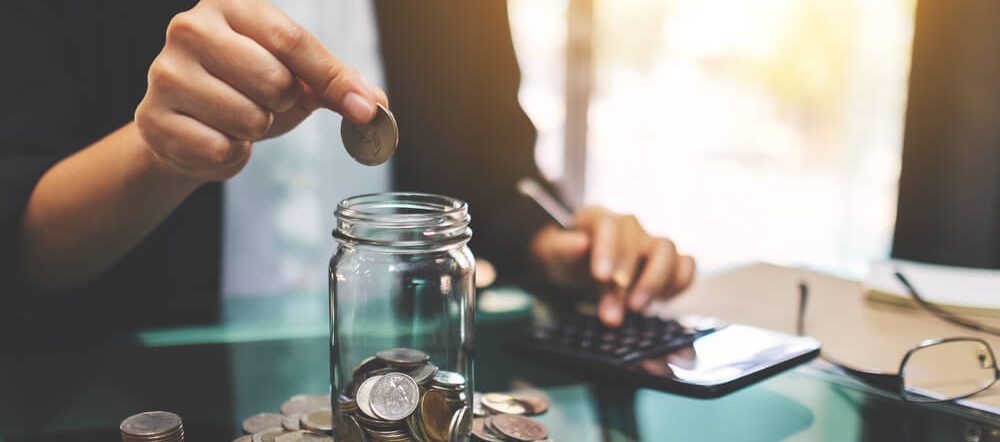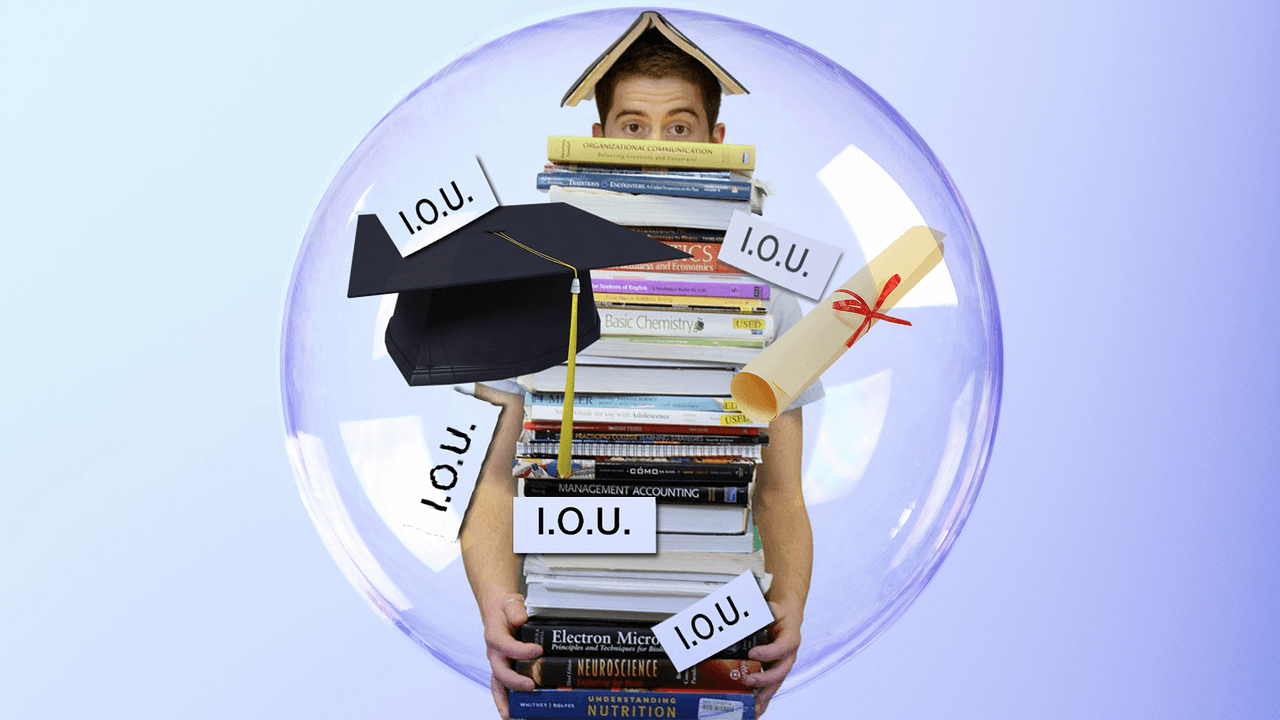Student-centric advice and objective recommendations
Higher education has never been more confusing or expensive. Our goal is to help you navigate the very big decisions related to higher ed with objective information and expert advice. Each piece of content on the site is original, based on extensive research, and reviewed by multiple editors, including a subject matter expert. This ensures that all of our content is up-to-date, useful, accurate, and thorough.
Our reviews and recommendations are based on extensive research, testing, and feedback. We may receive commission from links on our website, but that doesn’t affect our editors’ opinions. Our marketing partners don’t review, approve or endorse our editorial content. It’s accurate to the best of our knowledge when posted. You can find a complete list of our partners here.
What Happens if You Miss a Student Loan Payment?

 By
Kayla Korzekwinski
By
Kayla Korzekwinski 
Kayla Korzekwinski is a Scholarships360 content writer. She earned her BA from the University of North Carolina at Chapel Hill, where she studied Advertising/PR, Rhetorical Communication, and Anthropology. Kayla has worked on communications for non-profits and student organizations. She loves to write and come up with new ways to express ideas.
Full BioLearn about our editorial policies

Cait Williams is a Content Writer at Scholarships360. Cait recently graduated from Ohio University with a degree in Journalism and Strategic Communications. During her time at OU, was active in the outdoor recreation community.
Full BioLearn about our editorial policies

Annie has spent the past 18+ years educating students about college admissions opportunities and coaching them through building a financial aid package. She has worked in college access and college admissions for the Tennessee Higher Education Commission/Tennessee Student Assistance Corporation, Middle Tennessee State University, and Austin Peay State University.
Full BioLearn about our editorial policies

Maria Geiger is Director of Content at Scholarships360. She is a former online educational technology instructor and adjunct writing instructor. In addition to education reform, Maria’s interests include viewpoint diversity, blended/flipped learning, digital communication, and integrating media/web tools into the curriculum to better facilitate student engagement. Maria earned both a B.A. and an M.A. in English Literature from Monmouth University, an M. Ed. in Education from Monmouth University, and a Virtual Online Teaching Certificate (VOLT) from the University of Pennsylvania.
Full BioLearn about our editorial policies

A late student loan payment can have financial consequences for borrowers. It’s important to make monthly payments on time to avoid punishments such as wage garnishment or damage to your credit score. Continue reading to learn more about what happens if you miss a student loan payment!
Where can I find my student loan information?
Students can log on at the Federal Student Aid website to view the status of their loans. If loans are not up-to-date, students will not be eligible for any federal aid (sometimes even scholarships) until they’re back in good graces with their previous student loans.
What happens if you miss a federal student loan payment?
Federal student loans are owned by the Department of Education and its student loan servicers. If a borrower misses a student loan payment, their loan becomes delinquent. It will remain in delinquency until you make the past-due payment. Other options for getting out of delinquency include changing your repayment plan or entering deferment or forbearance. The longer your federal student loans are delinquent, the harsher the consequences could be.
- After 30 days of missed payment, the borrower could be charged late fees by the loan servicer
- After 90 days of delinquency, the loan servicer will report the missed payment to the 3 major credit bureaus: TransUnion, Equifax, and Experian, and the missed payment can remain on your credit report for up to 7 years
- After 270 days, your federal loan will enter default, which can have severe consequences including the entire loan balance becoming immediately due, wages potentially being garnished, and the loan being sold to a collection agency
See also: Student loan default: How to get out of it
What happens if you miss a private student loan payment?
Private companies such as banks own and distribute private student loans. Each private lender has its own specific rules regarding late payment.
Unlike federal loans, private student loans enter delinquency on the first day of missed payment. Private lenders will report the delinquent loan to TransUnion, Equifax, and Experian 30-45 days after missed payment.
Private student loans generally enter default sooner than federal student loans. It depends on the lender, but some loans enter default as soon as payment is one day past due. In general, however, private student loans default after 120 days.
Private lenders cannot garnish your wages without taking you to court, but they can send your loan to collections. Borrowers who default on private student loans don’t have the rehabilitation options that federal loans do. Often, the only way to resolve private student loan default is to make the overdue payment.
How to avoid missing student loan payments
If you fear you may miss a student loan payment, contact your loan servicer to discuss your options. They can inform you about deferment or forbearance or, in the case of federal student loans, suggest you sign up for an income-driven repayment plan.
Enrolling in autopay will allow the lender to withdraw your payment from your account every month. This can relieve you from potentially missing the deadline for payment. Additionally, you can combine several student loans into one monthly payment by consolidating or refinancing.
Always pay on time
Make it a priority to keep up with your student loan payments. If you fear you may fall behind, change your repayment plan, or apply for deferment or forbearance. Missing a student loan payment can have worse consequences the longer the payment is overdue.
Frequently asked questions about what happens if you miss a student loan payment
Will one late student loan payment affect my credit score?
How do I get my late student loan payments removed?
Is it a crime to not pay student loans?





